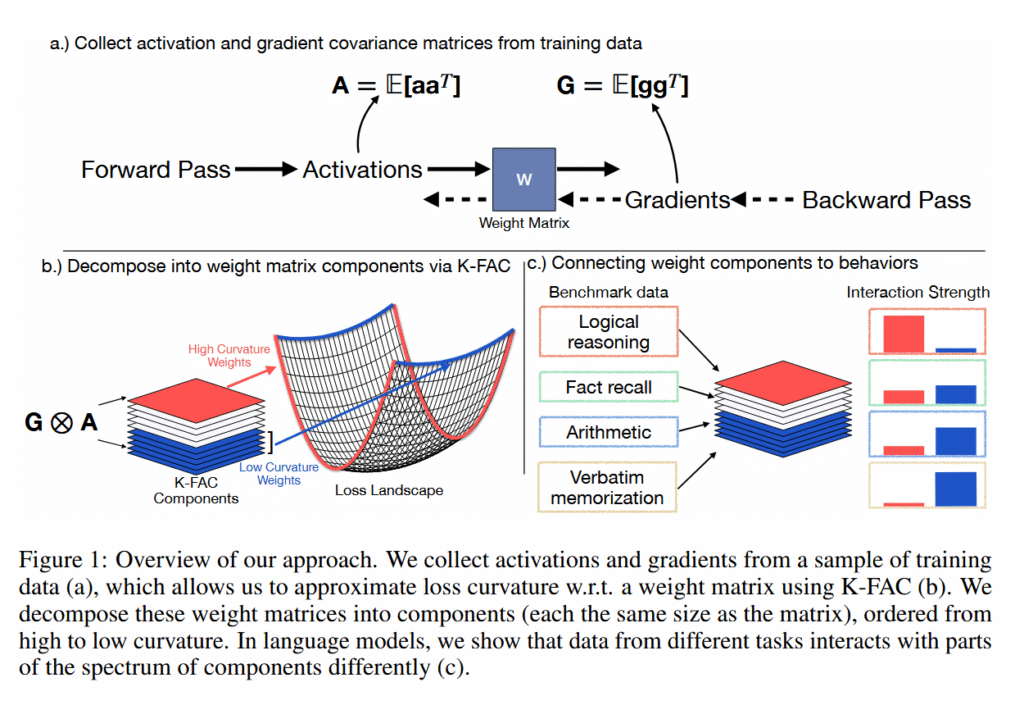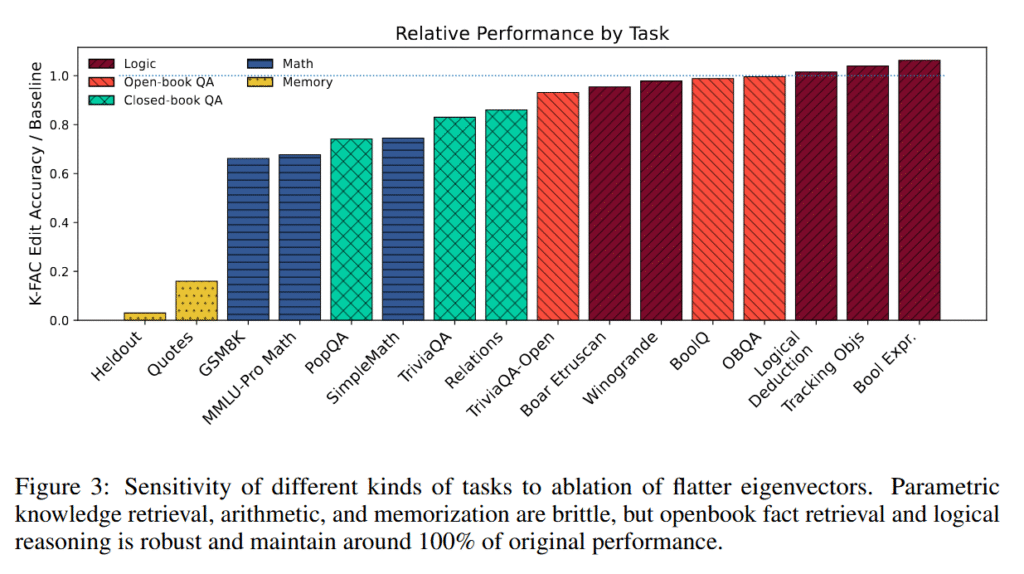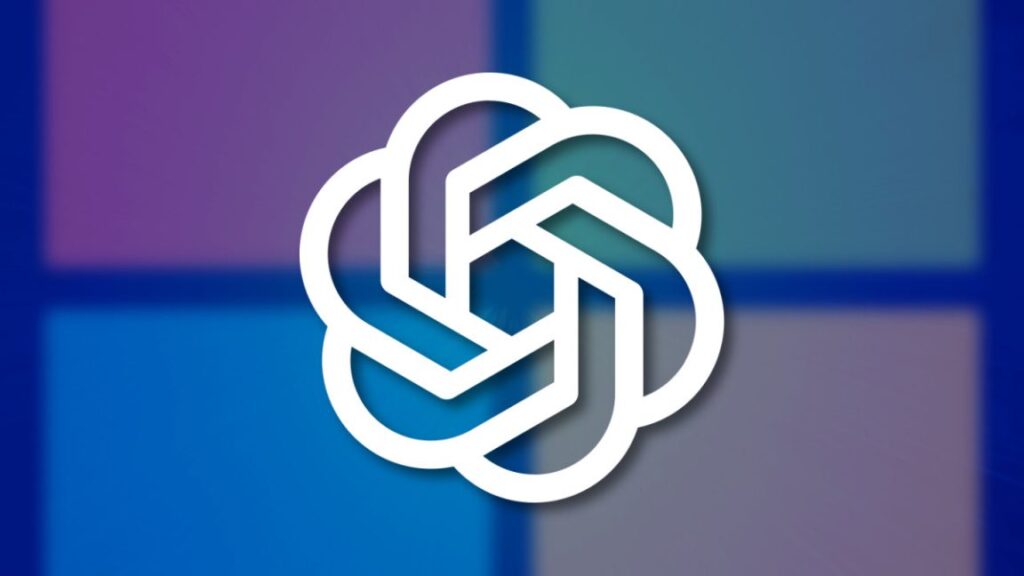ClickFix may be the biggest security threat your family has never heard of
Another campaign, documented by Sekoia, targeted Windows users. The attackers behind it first compromise a hotel’s account for Booking.com or another online travel service. Using the information stored in the compromised accounts, the attackers contact people with pending reservations, an ability that builds immediate trust with many targets, who are eager to comply with instructions, lest their stay be canceled.
The site eventually presents a fake CAPTCHA notification that bears an almost identical look and feel to those required by content delivery network Cloudflare. The proof the notification requires for confirmation that there’s a human behind the keyboard is to copy a string of text and paste it into the Windows terminal. With that, the machine is infected with malware tracked as PureRAT.
Push Security, meanwhile, reported a ClickFix campaign with a page “adapting to the device that you’re visiting from.” Depending on the OS, the page will deliver payloads for Windows or macOS. Many of these payloads, Microsoft said, are LOLbins, the name for binaries that use a technique known as living off the land. These scripts rely solely on native capabilities built into the operating system. With no malicious files being written to disk, endpoint protection is further hamstrung.
The commands, which are often base-64 encoded to make them unreadable to humans, are often copied inside the browser sandbox, a part of most browsers that accesses the Internet in an isolated environment designed to protect devices from malware or harmful scripts. Many security tools are unable to observe and flag these actions as potentially malicious.
The attacks can also be effective given the lack of awareness. Many people have learned over the years to be suspicious of links in emails or messengers. In many users’ minds, the precaution doesn’t extend to sites that instruct them to copy a piece of text and paste it into an unfamiliar window. When the instructions come in emails from a known hotel or at the top of Google results, targets can be further caught off guard.
With many families gathering in the coming weeks for various holiday dinners, ClickFix scams are worth mentioning to those family members who ask for security advice. Microsoft Defender and other endpoint protection programs offer some defenses against these attacks, but they can, in some cases, be bypassed. That means that, for now, awareness is the best countermeasure.
ClickFix may be the biggest security threat your family has never heard of Read More »















